Trump signs sweeping executive orders on Day 1 of second term
- Update Time : Wednesday, January 22, 2025
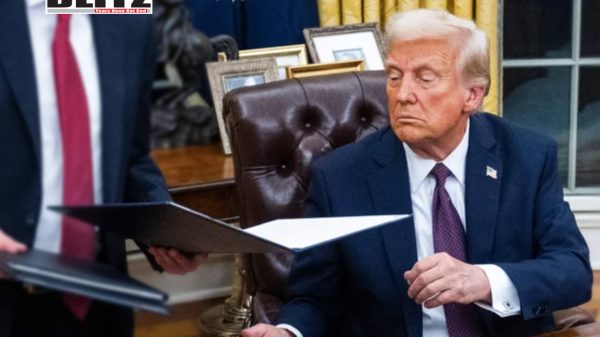
Donald Trump, on the first day of his second term as President of the United States, set the tone for his administration by signing a series of executive orders aimed at fundamentally reshaping federal policies. Declaring the start of a “Golden Age of America,” Trump acted swiftly to implement his agenda, fulfilling key promises from his 2024 campaign and reversing numerous policies established under his predecessor, Joe Biden.
Speaking at his first post-inauguration rally, Trump proclaimed, “With these actions, we will begin the complete restoration of America and the revolution of common sense.” His actions, while popular among his base, are likely to spark significant legal battles and political controversy as they confront resistance from Democrats and advocacy groups.
Here’s an in-depth look at the major executive actions Trump signed on Day 1:
A significant portion of Trump’s initial actions targeted Biden’s executive orders, signaling a dramatic shift in federal priorities. Among the 78 orders rescinded, several stand out for their immediate impact:
LGBTQ+ Protections: Trump overturned an executive order that extended prohibitions on sex discrimination to include sexual orientation and gender identity. This change removes federal protections for transgender individuals in workplaces and services, marking a sharp departure from the inclusivity policies championed by Biden.
Military Policy: Reversing Biden’s decision, Trump reinstated a ban on transgender individuals serving openly in the military. The move has drawn criticism from LGBTQ+ advocates who view it as discriminatory, though Trump’s supporters argue it prioritizes military readiness.
Ethics Requirements: Trump nullified an ethics pledge that Biden had required for executive branch appointees. The pledge aimed to prevent conflicts of interest and ensure transparency, but Trump’s reversal suggests a less restrictive approach to federal appointments.
Private Prisons: Trump reinstated the federal government’s ability to contract with private prisons, undoing Biden’s ban. Proponents claim this will alleviate capacity issues, while critics warn it could perpetuate mass incarceration.
Cuba and Middle East Policies: Trump’s orders included re-designating Cuba as a state sponsor of terrorism, reversing Biden’s recent removal of the designation. This move underscores Trump’s hardline stance on Cuba and its communist regime.
Additionally, Trump lifted sanctions Biden had imposed on certain Jewish settlers in the West Bank. The sanctions, which targeted settlers accused of inciting violence, were part of Biden’s efforts to stabilize the region. Trump’s reversal reaffirms his strong support for Israeli settlement policies.
In line with his campaign rhetoric, Trump signed an order to withdraw the United States from the Paris Climate Agreement. Describing the accord as “job-killing” and unfair to American industries, Trump emphasized his commitment to energy independence and economic growth. This decision mirrors his first-term withdrawal from the agreement and has reignited debates over America’s role in combating climate change.
Trump also froze new federal environmental regulations and suspended key climate initiatives launched under Biden. Environmental advocates warn these actions could hinder progress on reducing carbon emissions, but Trump’s supporters argue they will create jobs and reduce regulatory burdens.
Trump’s first-day agenda included a freeze on federal hiring and a directive requiring federal employees to return to in-person work. These measures align with his goal of reducing the size of the federal government and increasing efficiency. However, unions representing federal workers have criticized the move, citing concerns about workplace flexibility and morale.
Immigration remains a cornerstone of Trump’s platform, and his initial actions reflect a renewed focus on hardline measures. Key actions include:
Merit-Based Immigration Reform: Trump directed agencies to prioritize merit-based pathways for legal immigration, reducing reliance on family-based systems.
Sanctuary Cities: An order was issued to block federal funding for sanctuary cities, reigniting a contentious debate over local enforcement of immigration laws.
Remain in Mexico Policy: Trump began the process of reinstating the policy requiring asylum seekers to remain in Mexico while their claims are processed.
Advocacy groups have vowed to challenge these measures, arguing they undermine human rights and create additional barriers for migrants.
Trump issued pardons for individuals charged in connection with the January 6, 2021, Capitol attack. The decision has drawn sharp criticism from Democrats and some Republicans, who view the move as undermining accountability for one of the most tumultuous events in recent US history. Trump’s supporters, however, see the pardons as a necessary step to heal political divisions.
In another notable action, Trump delayed a ban on the Chinese-owned social media platform TikTok. While his first-term efforts to ban the app were framed as a national security priority, Trump’s decision to delay the ban suggests an openness to negotiating with the platform’s owners.
Trump signed an order mandating that federal agencies recognize only biological sexes-male and female-on official documents and forms. The order also prohibits the promotion of “gender ideology” within federal agencies. Supporters argue this measure ensures clarity and adheres to traditional values, while opponents see it as an attack on LGBTQ+ rights.
While Trump’s Day 1 actions underscore his determination to deliver on campaign promises, they are expected to face significant legal and political obstacles. Advocacy groups and Democratic states are already preparing to challenge key policies in court, particularly those related to gender identity protections and environmental regulations.
Moreover, Trump’s pardons have sparked widespread criticism, with legal experts questioning their implications for future prosecutions and accountability measures. The decision to pardon individuals connected to January 6 is likely to remain a flashpoint in the national discourse.
Trump’s return to the presidency is marked by a renewed focus on the principles that defined his first term: deregulation, conservative cultural values, and an “America First” approach to foreign and domestic policy. His actions on Day 1 reflect a commitment to reversing Biden-era policies and implementing a bold vision for the federal government.
Supporters of Trump’s agenda believe his measures will restore common sense and strengthen America’s global standing. Critics, however, warn that his divisive policies risk deepening political polarization and rolling back hard-won progress in areas like civil rights and environmental protection.
Trump’s sweeping Day 1 executive actions offer a glimpse into the priorities and challenges that will define his second term. By targeting key Biden-era policies and implementing bold new directives, Trump has signaled his intent to reshape the federal government in his image. As the nation braces for the battles ahead, the legacy of these actions will depend on their ability to withstand legal scrutiny and achieve tangible results in a deeply divided America.


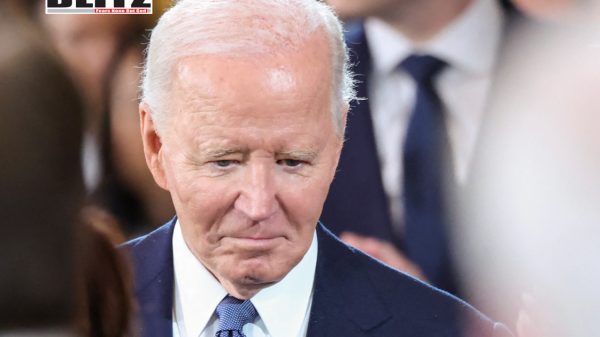
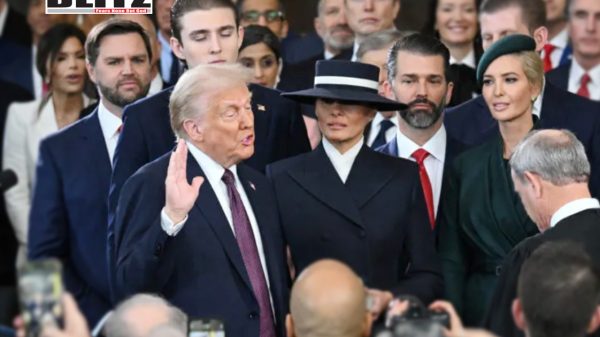
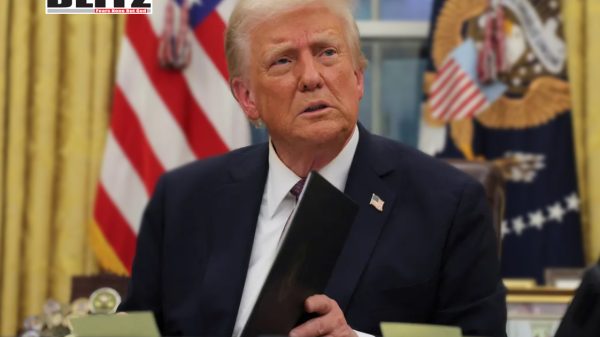
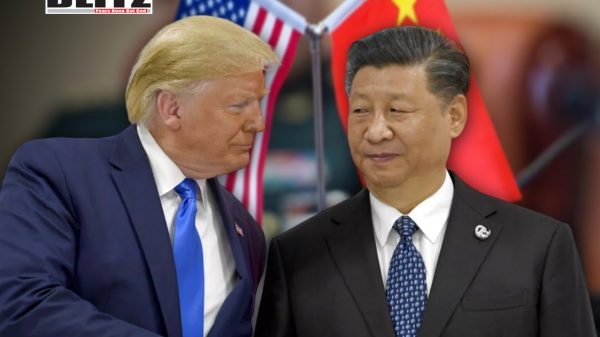
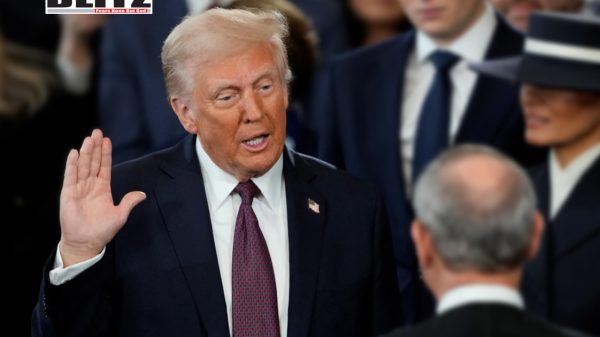
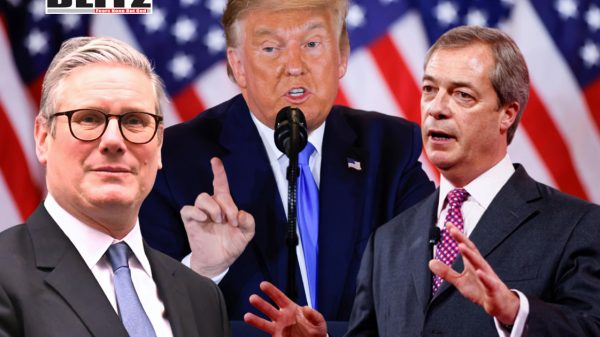
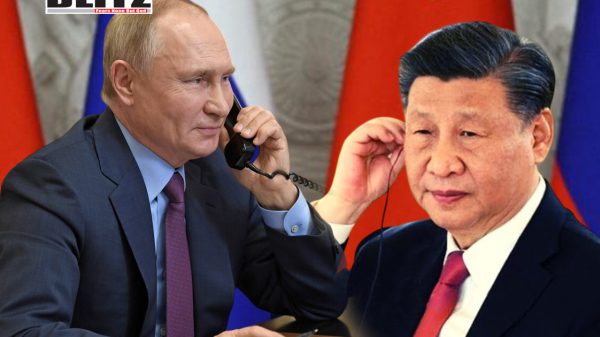
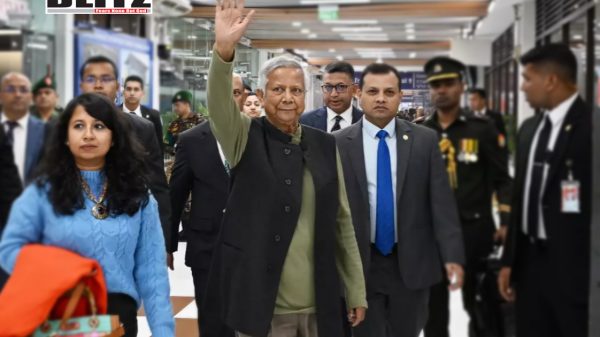
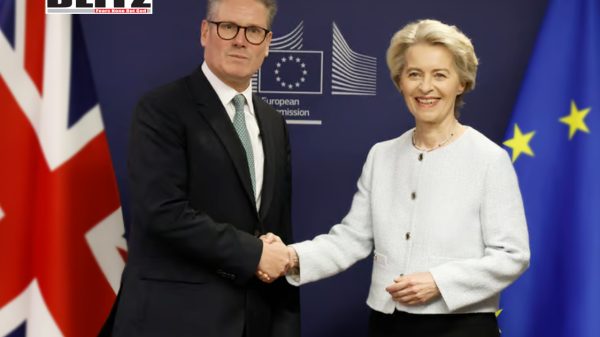
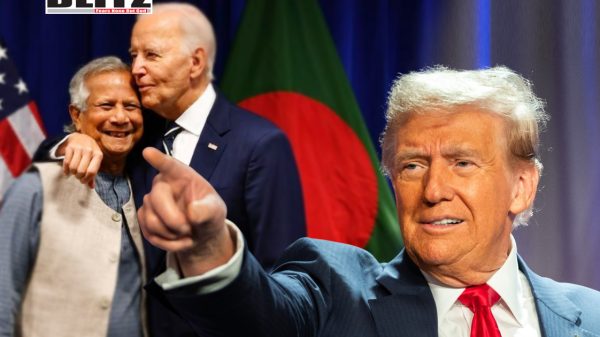


Leave a Reply